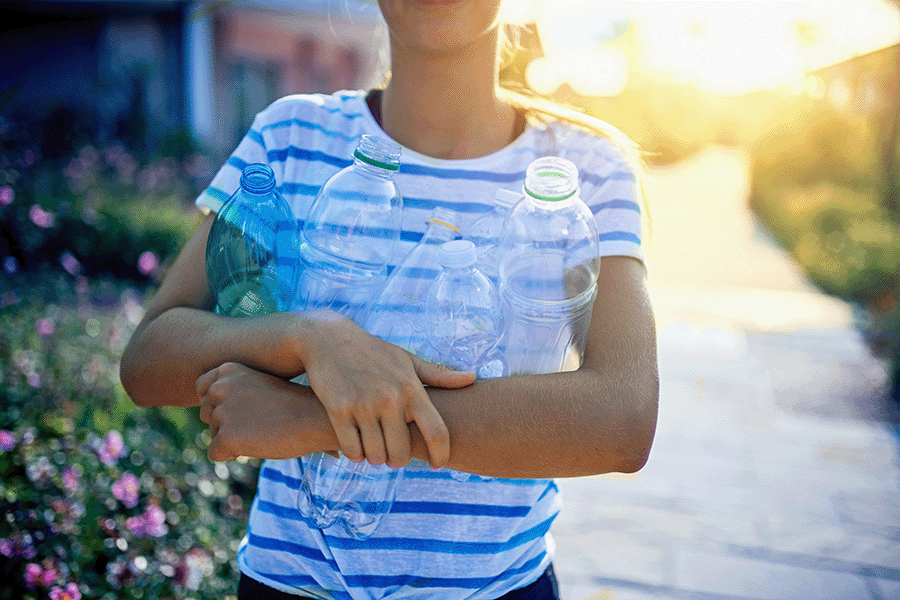
Bioeconomy and Circular Economy
The development of circular economy requires not only technological advancements but also the evolution of business models and the entire societal system.
Circular economy is an economic model in which products and materials are reused for extended periods in a secure manner. Circular economy paves the way towards more sustainable development than the current model, presenting a significant economic opportunity that also revitalizes business models. The chemical industry stands as one of the pioneers in the realm of circular economy.
Chemistry boasts several strengths, including:
- Molecular-level expertise: enabling the sustainable and intelligent utilization of both virgin and waste-derived raw materials. The objective is not merely recycling but value-adding recycling (upcycling). Chemistry often plays a pivotal role in this, as its core competence involves creating added value for almost any type of raw material.
- Bridge-building skills: the chemical industry is interconnected with all other sectors, providing materials and solutions to them. It’s difficult to identify a value chain in the production of goods where chemistry isn’t involved. As the significance of various ecosystems and value chains grows in the circular economy, chemistry takes on a critical role.
Numerous areas of growth and innovations in chemistry are linked to bioeconomy and circular economy, for instance:
- Biofuels such as renewable diesel, bioethanol, and biogas
- Biobased chemicals like xylitol, carboxymethyl cellulose (CMC), starch derivatives, industrial enzymes, and chemistry products derived from pine oil used in paints, adhesives, and animal feed
- Solutions related to water purification and water footprint optimization
- Fertilizers and nutrients
- Waste material processing technologies, including the production of recycled plastics.
Because the chemical industry is involved in nearly all value chains of goods production in some way, chemical innovations also accelerate the transformation of other industries. For example, an auxiliary substance derived from pine oil can enhance asphalt recycling, appropriate chemistry can save materials in cardboard production, or by using suitable chemistry, byproducts from the food industry can be utilized in cosmetics manufacturing.
The chemical industry encompasses various companies, some of which use renewable, some fossil, and some mineral raw materials. Circular economy concerns all companies and is already a fundamental part of many businesses.
In Finland and Europe, numerous research, development, and innovation (RDI) projects related to bioeconomy and circular economy are underway. Besides technological development,
